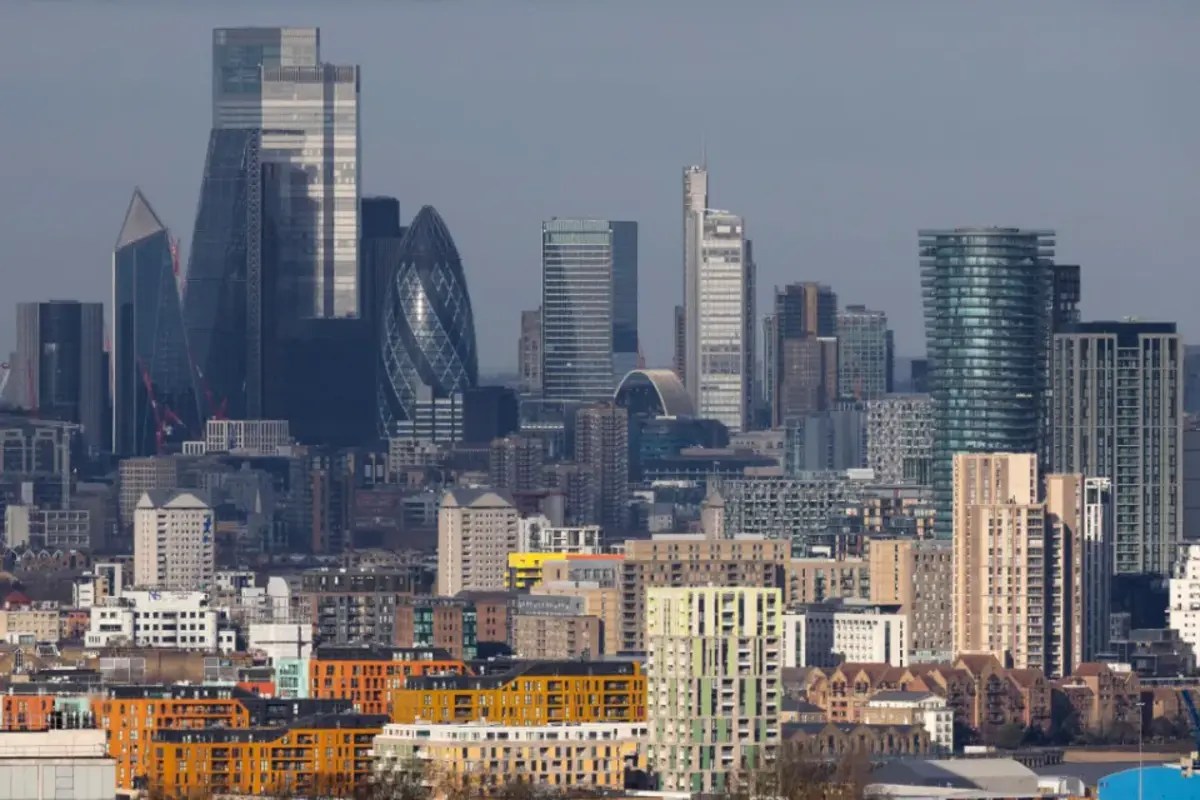Demand for sustainable buildings drives office space take-up in London
Leasing activity increased notably in the second quarter of the year, driven by financial firms and demand for sustainable office space.


Leasing activity increased notably in the second quarter of the year, driven by financial firms and demand for sustainable office space.
Take-up in the capital rose by 21 per cent quarter on quarter, according to Savills. The British real estate service company said leasing activity in the capital rose by 21 per cent quarter on quarter, to total 4.1m sq ft across 356 deals for the first half of the year.
Demand has been particularly strong from insurance and financial services, which together accounted for nearly a third of the office space leased in 2024.
In the City, leasing increased by one per cent over its long-term average, while take-up in the West End was 37 per cent below its long-term average.
This weak demand in the West End pulled the overall figure down, with total space rented in central London 12 per cent below its long-term average.
The uptick in City leasing activity reflects “resilient” demand for high-quality office space “despite the ongoing challenges posed by hybrid working patterns”, Philip Pearce, Head of Savills Central London Agency Team, said.
The largest transaction of the second quarter was Citadel’s pre-let of 248,533 sq ft at British Land’s 2 Finsbury Avenue, according to Savills.
Green is good
Demand for sustainable, high-quality office space has been a clear trend within the London market: over half of the demand consisted of lettings in buildings with excellent or outstanding environmental ratings.
“The clear preference for sustainable buildings, and the continued interest from diverse sectors, including Financial Services and Tech & Media, underscore the dynamic nature of the Central London office market,” Pierce said.
Experts have suggested this shift could push the capital toward a period of strong demand for commercial real estate.
Earlier this year, global architecture and design firm Gensler said intense weather and climate change will mean that sustainable designs will shift from an “option to an obligation”.
According to Oliver Knight, Head of Workplace at Landsec, businesses in search of offices “are focused on best-in-class space to attract and retain key talent”.
Knight added that this has resulted in the strong demand for “well connected, sustainable space in vibrant locations”.
Knight said: “Transport links are more important than ever for businesses looking to attract employees into the office, whilst access to quality amenities, both inside and outside of the office are driving leasing decisions. Occupying low carbon office space is one of the most efficient ways for businesses to meet their ESG targets and respond to changing employee expectations around sustainability.
“Businesses recognise the important role that their workspace plays in bringing people together and building company culture. Because of this, we’re seeing companies plan for, on average, c. 30% more space per person than before the pandemic to create different work settings for collaboration, focus work and wellbeing.”



